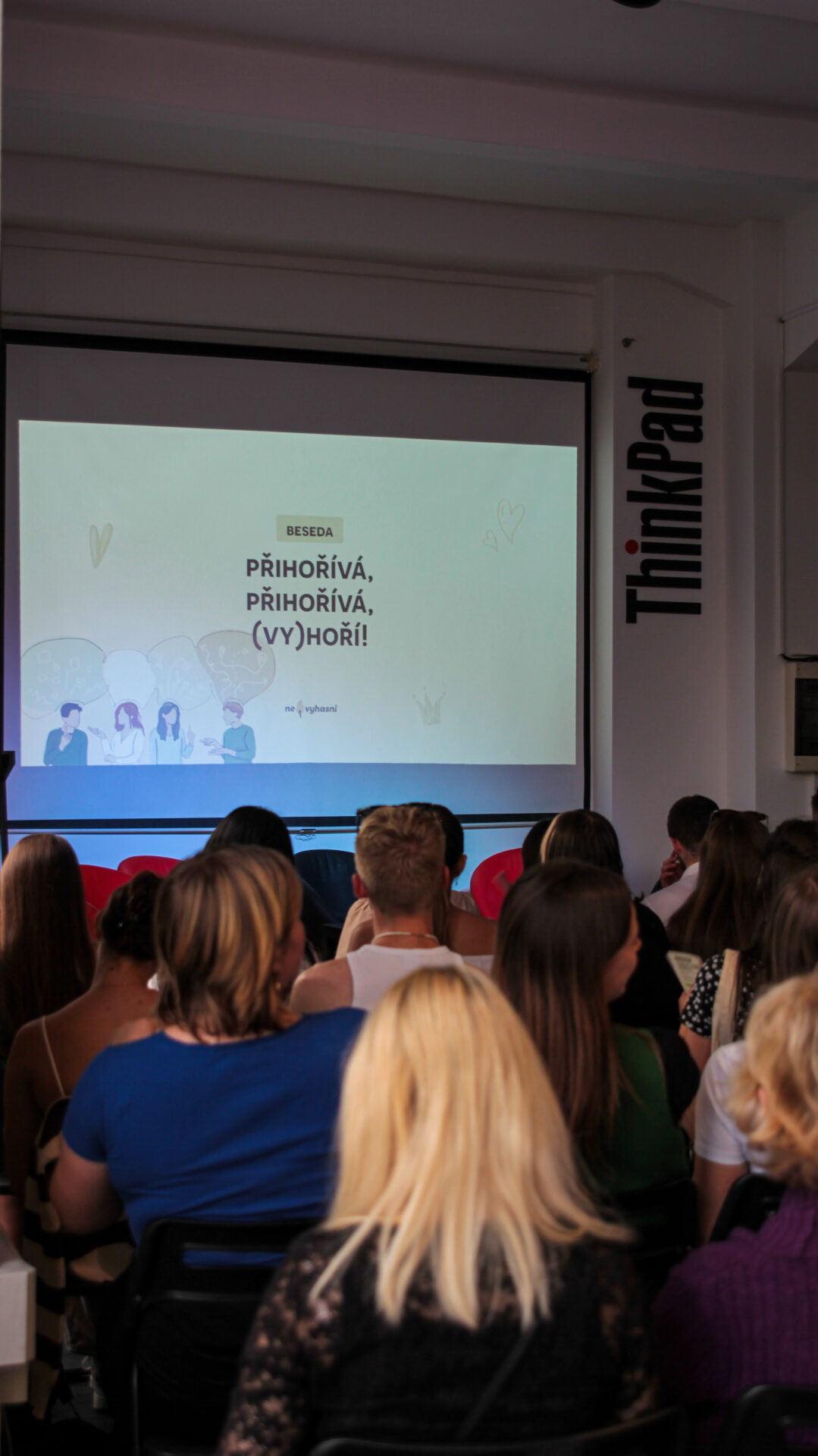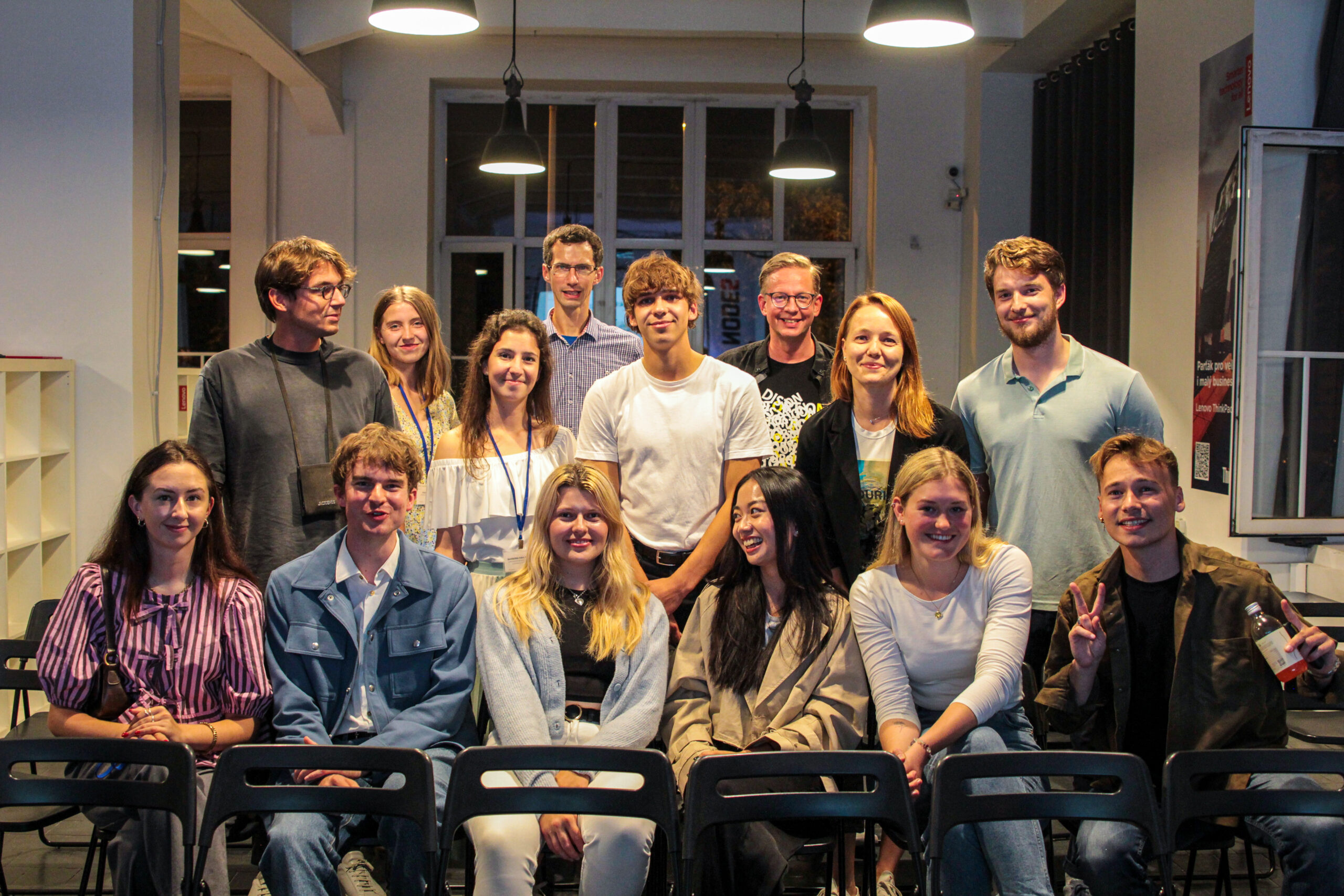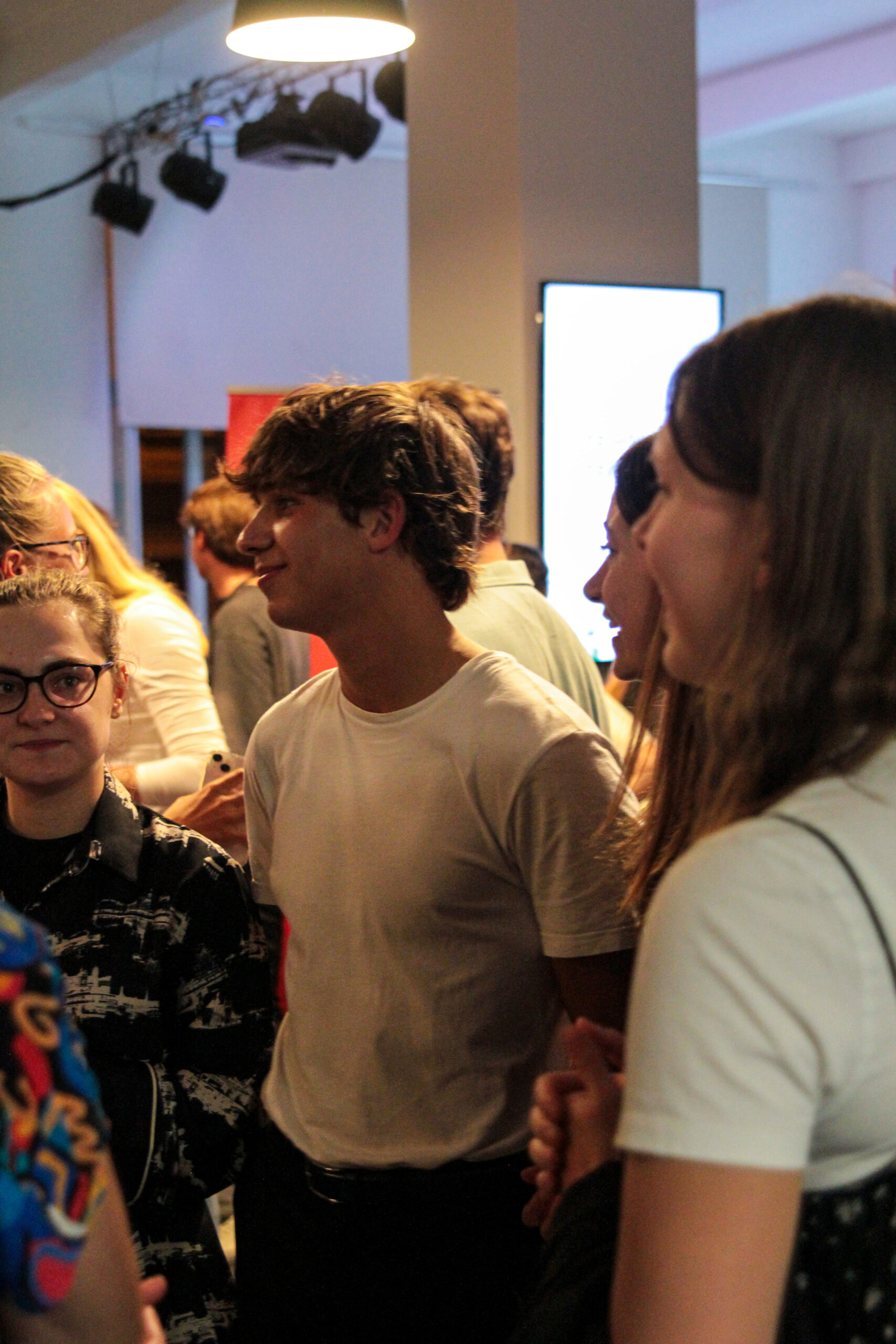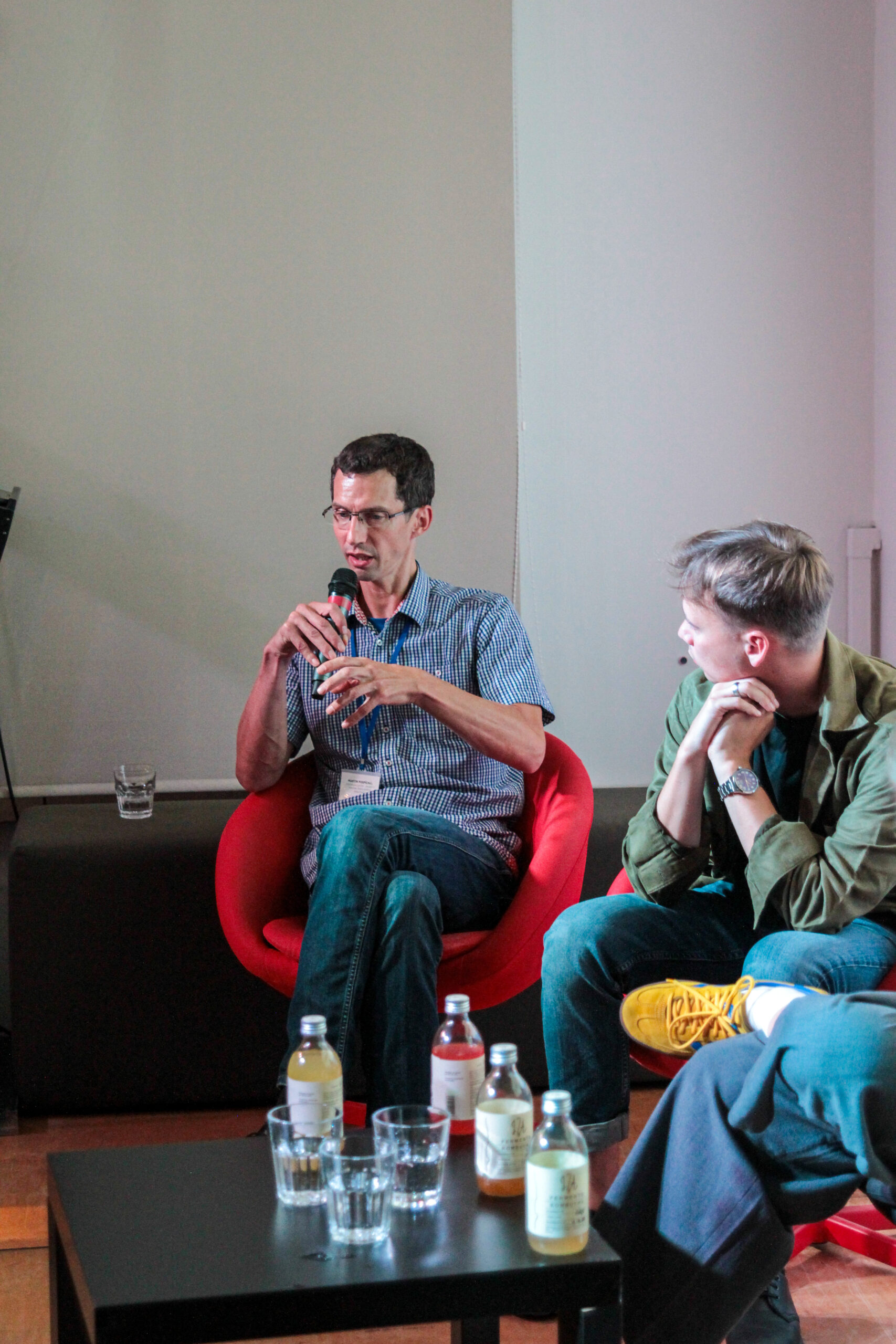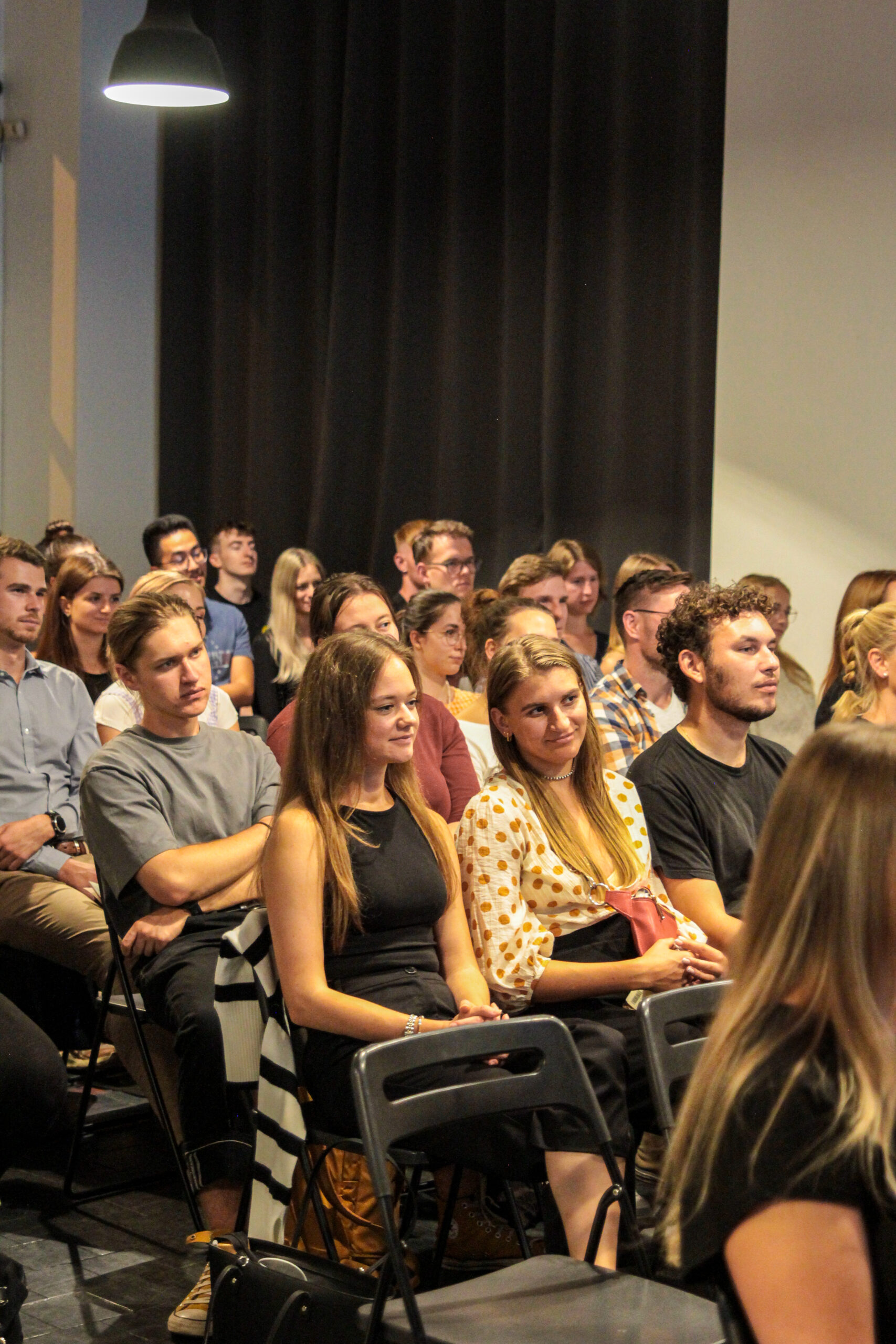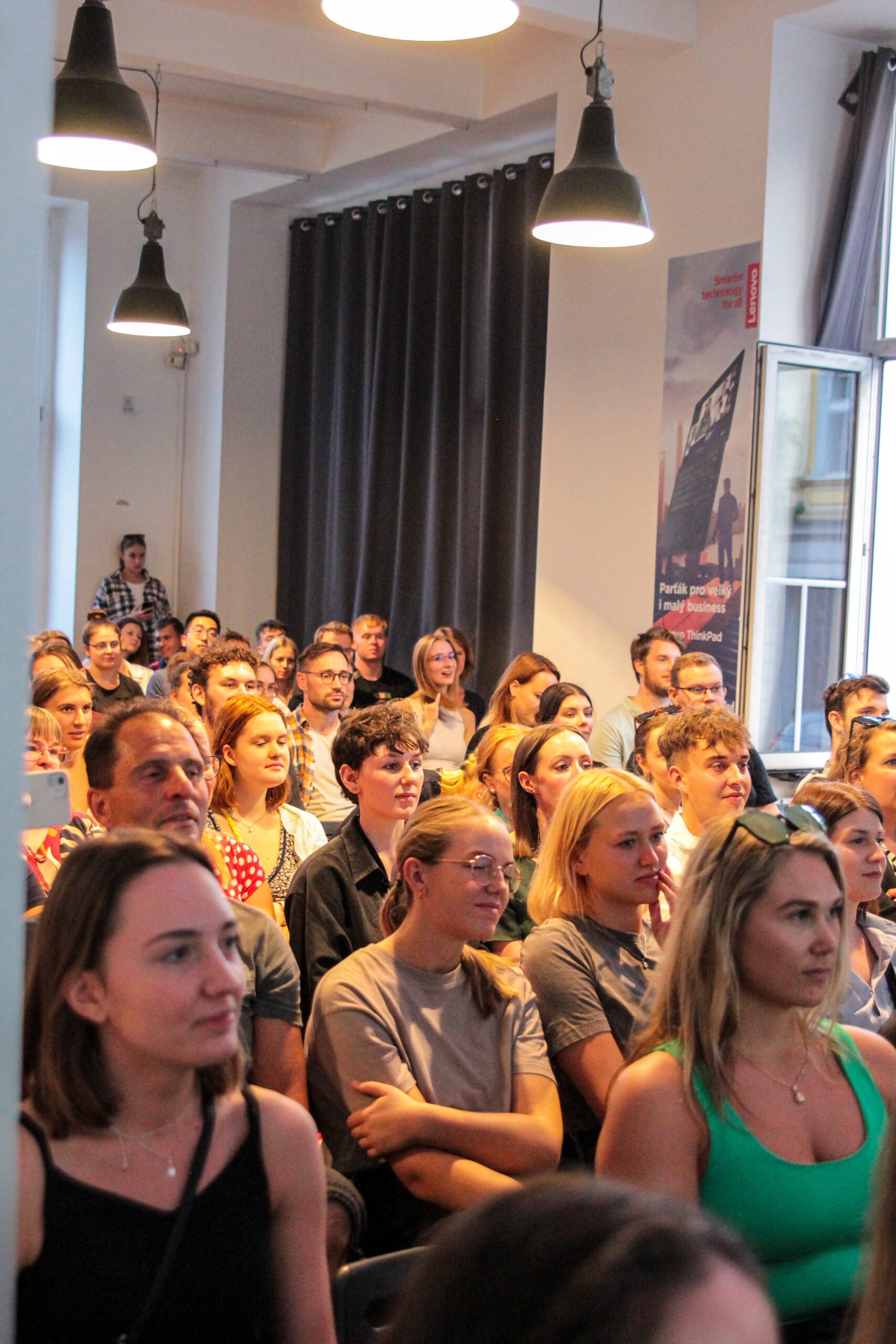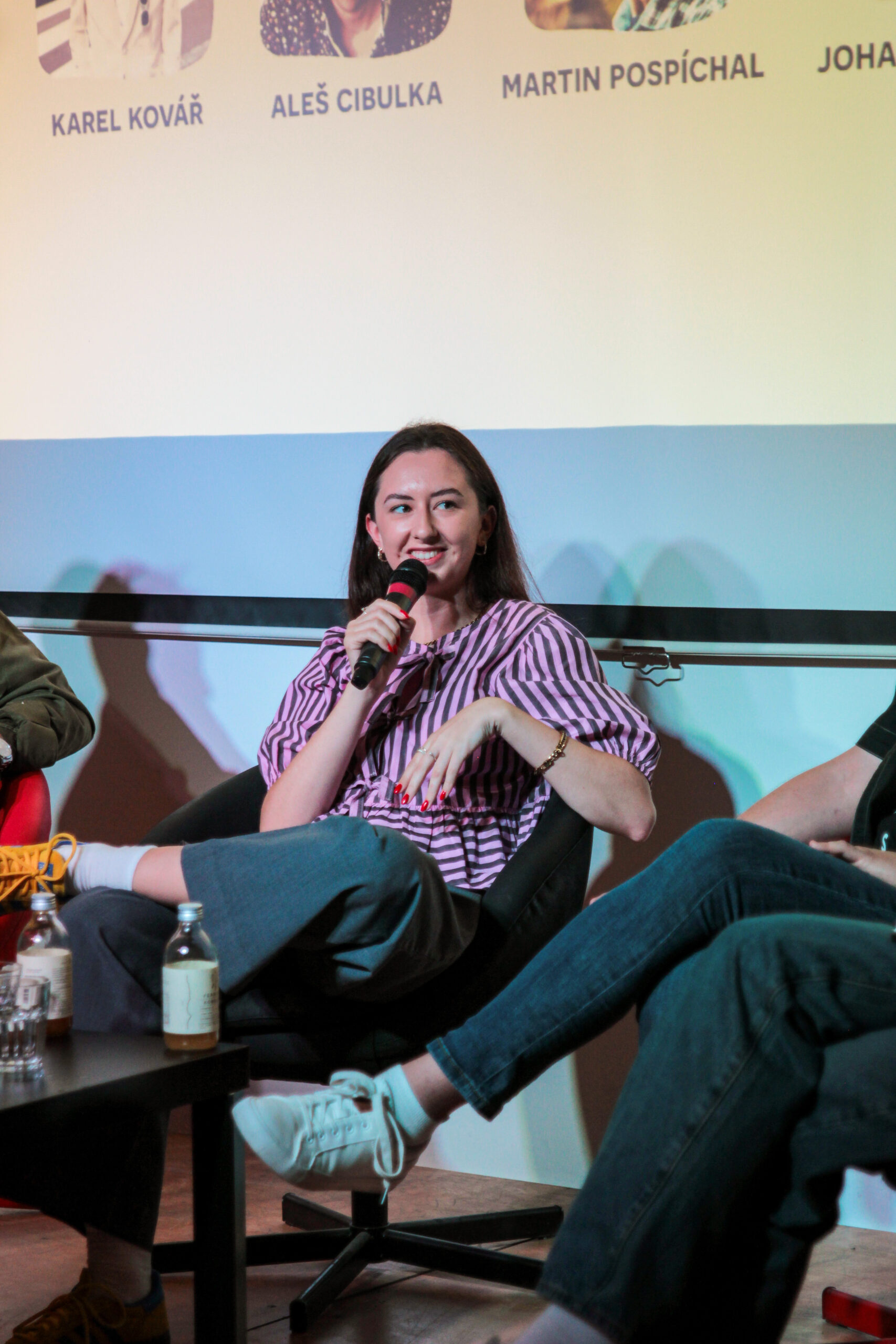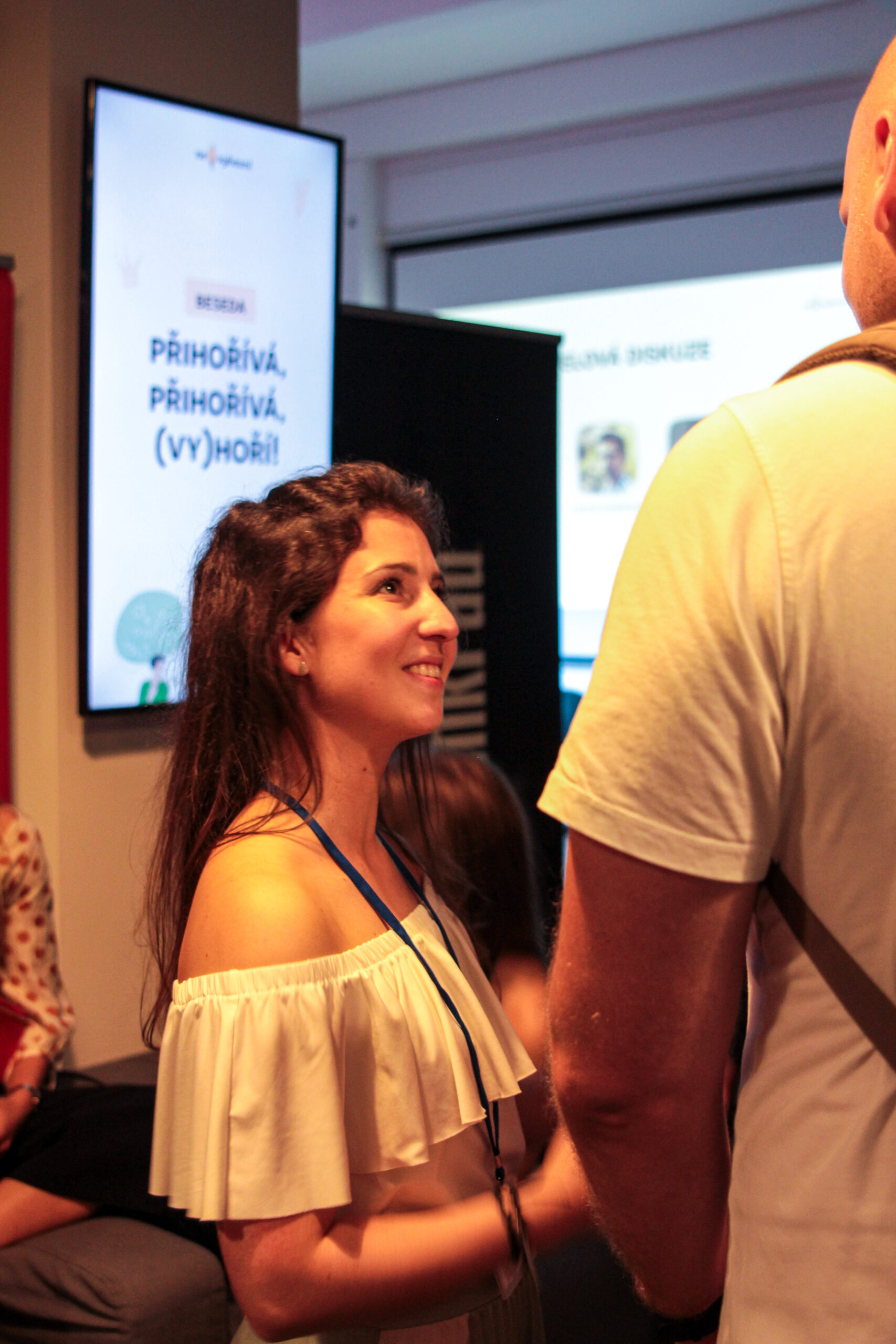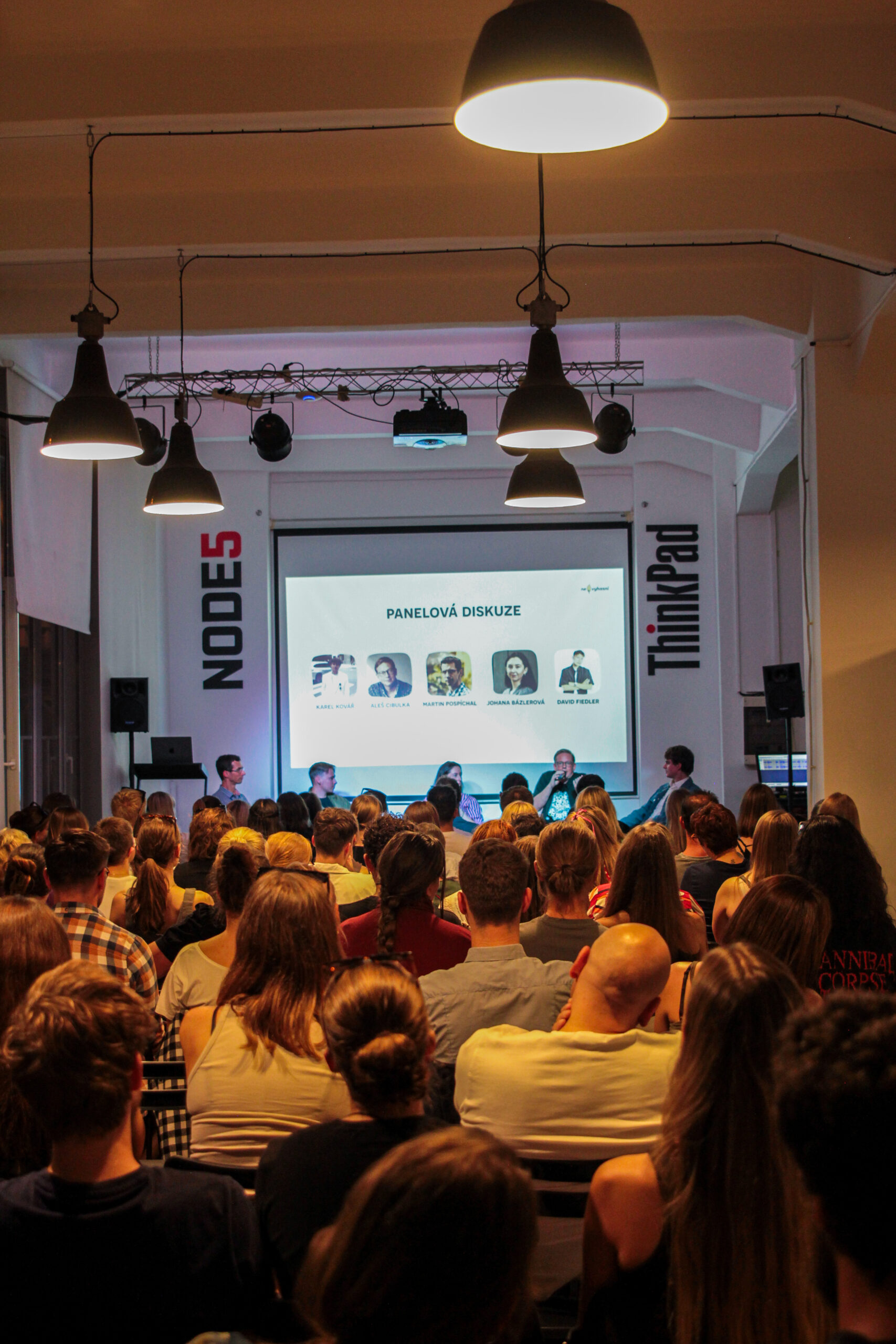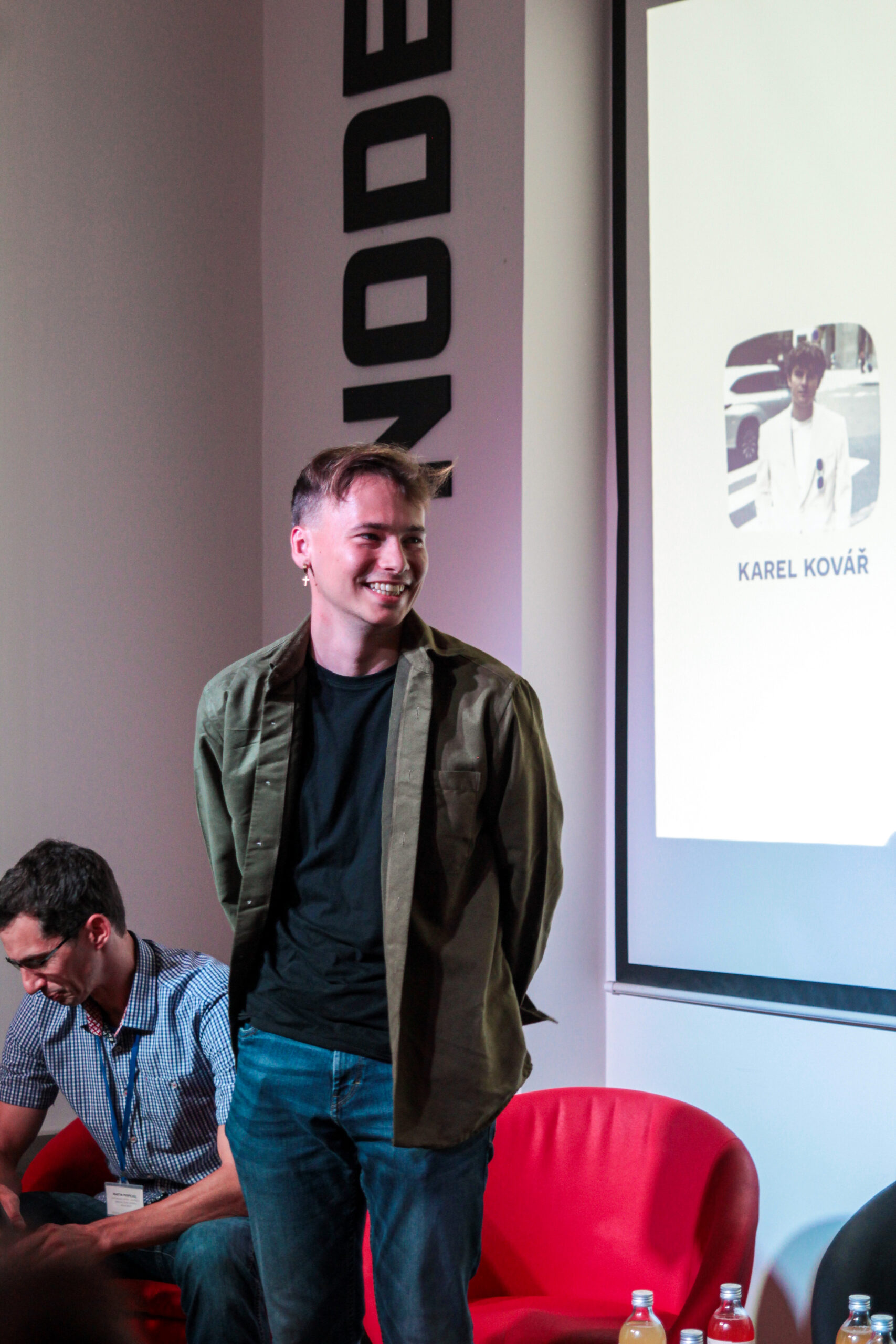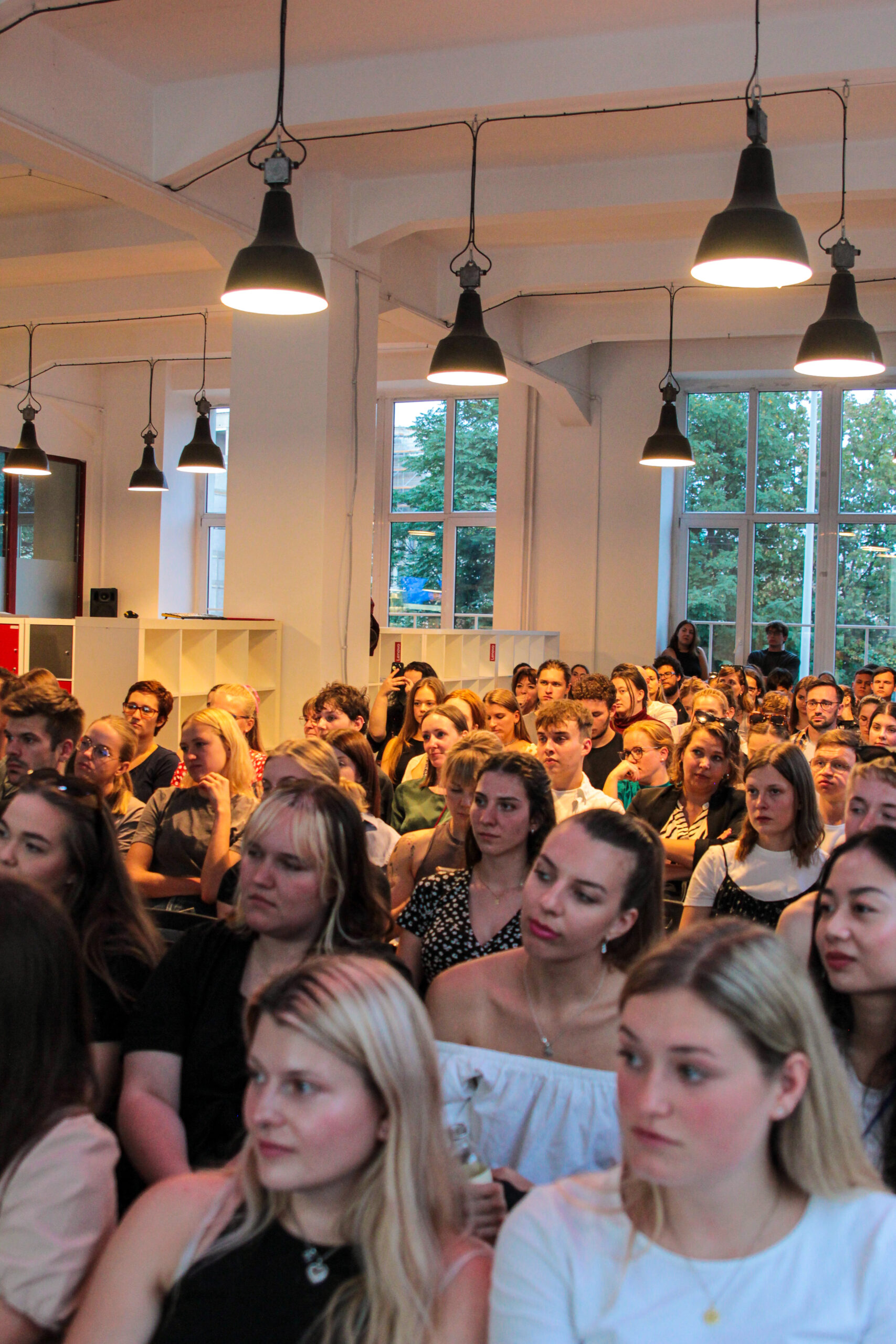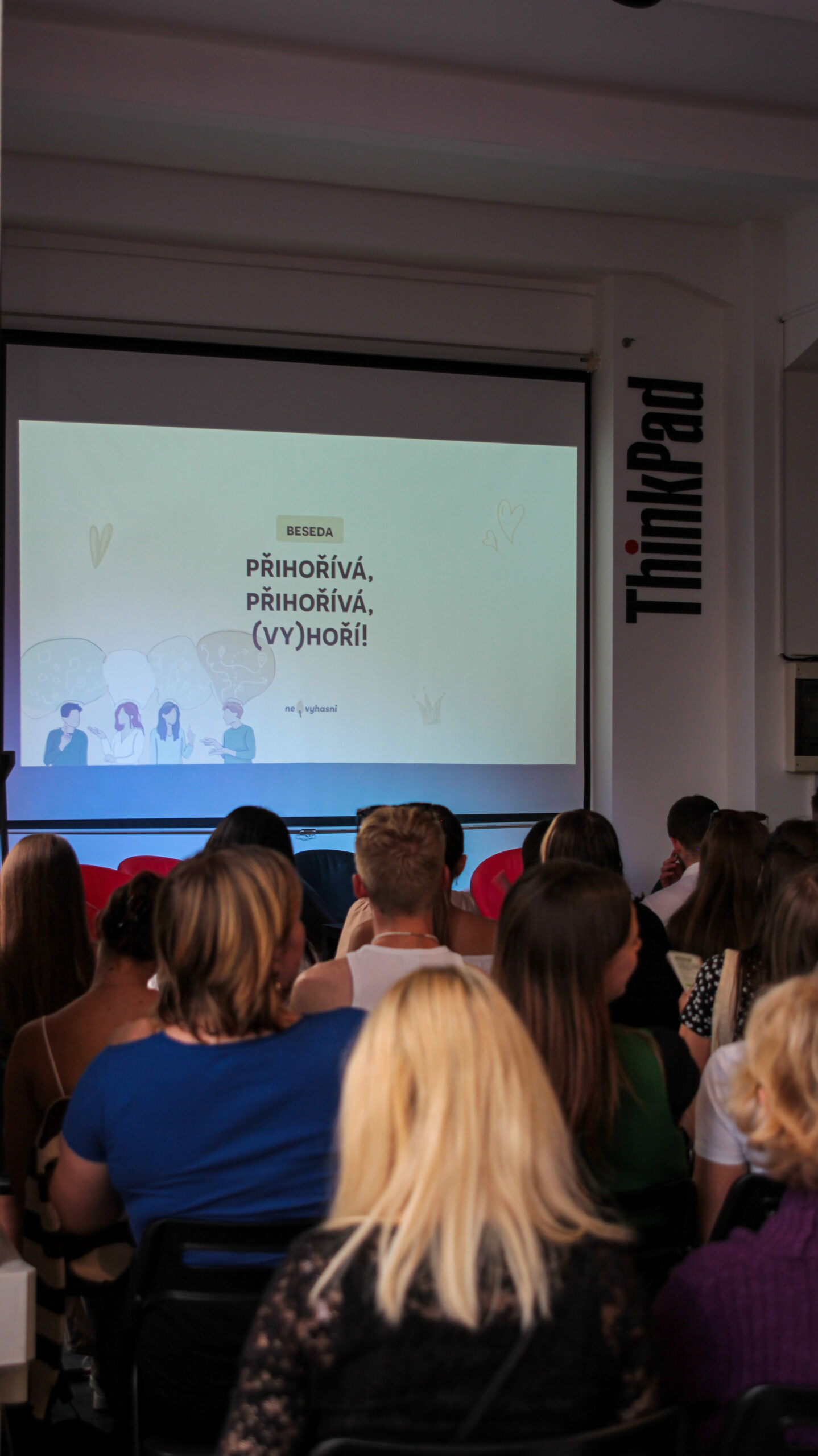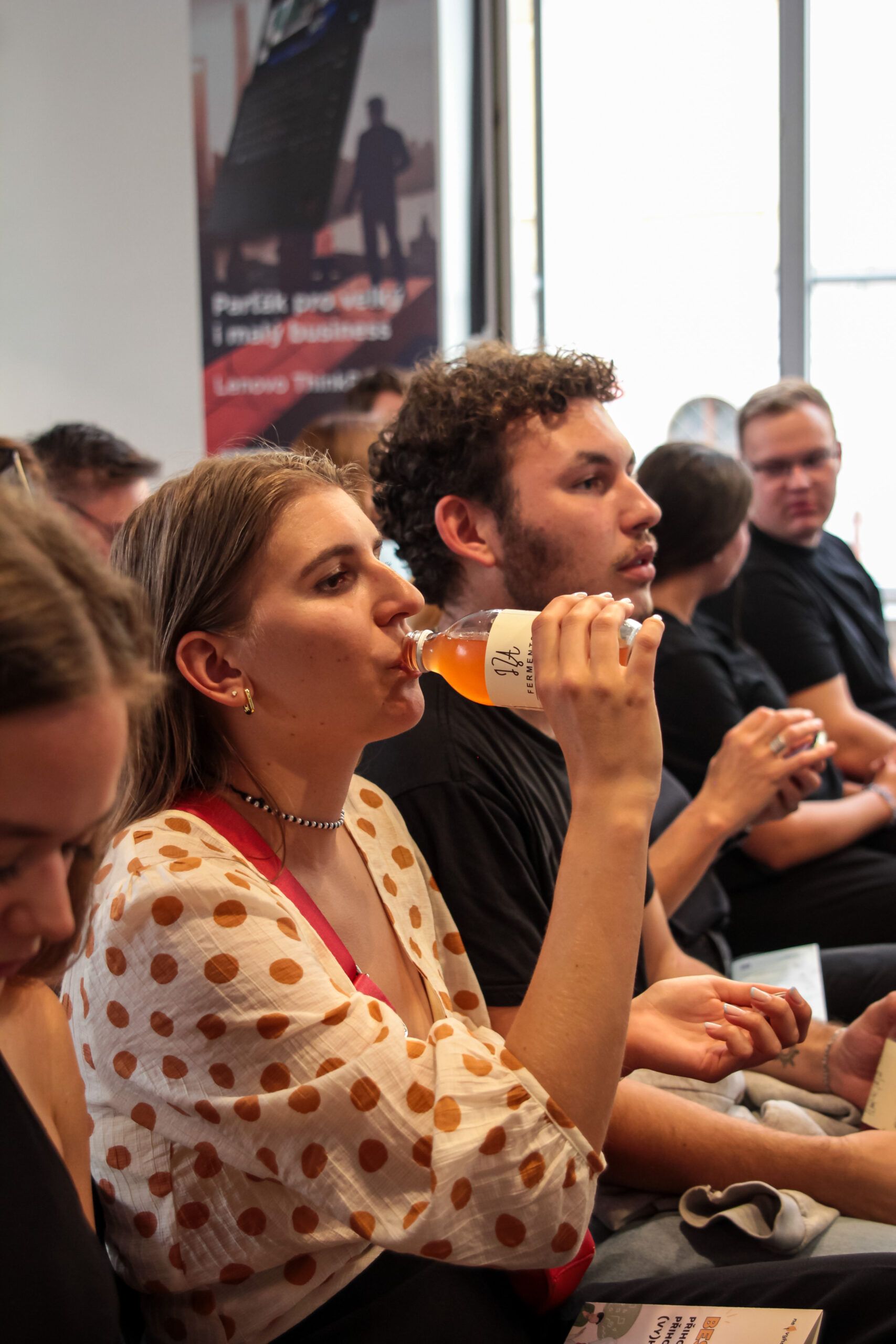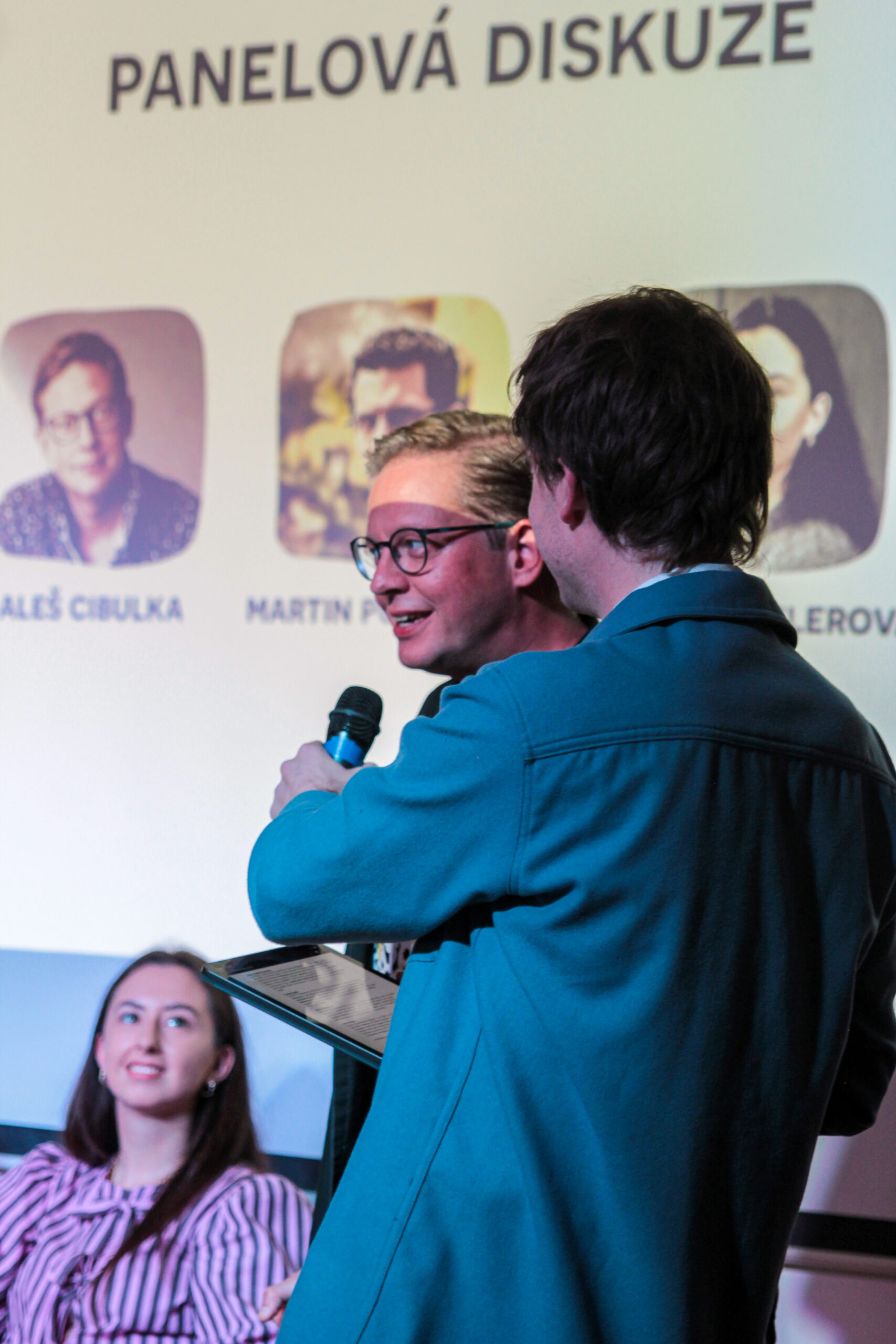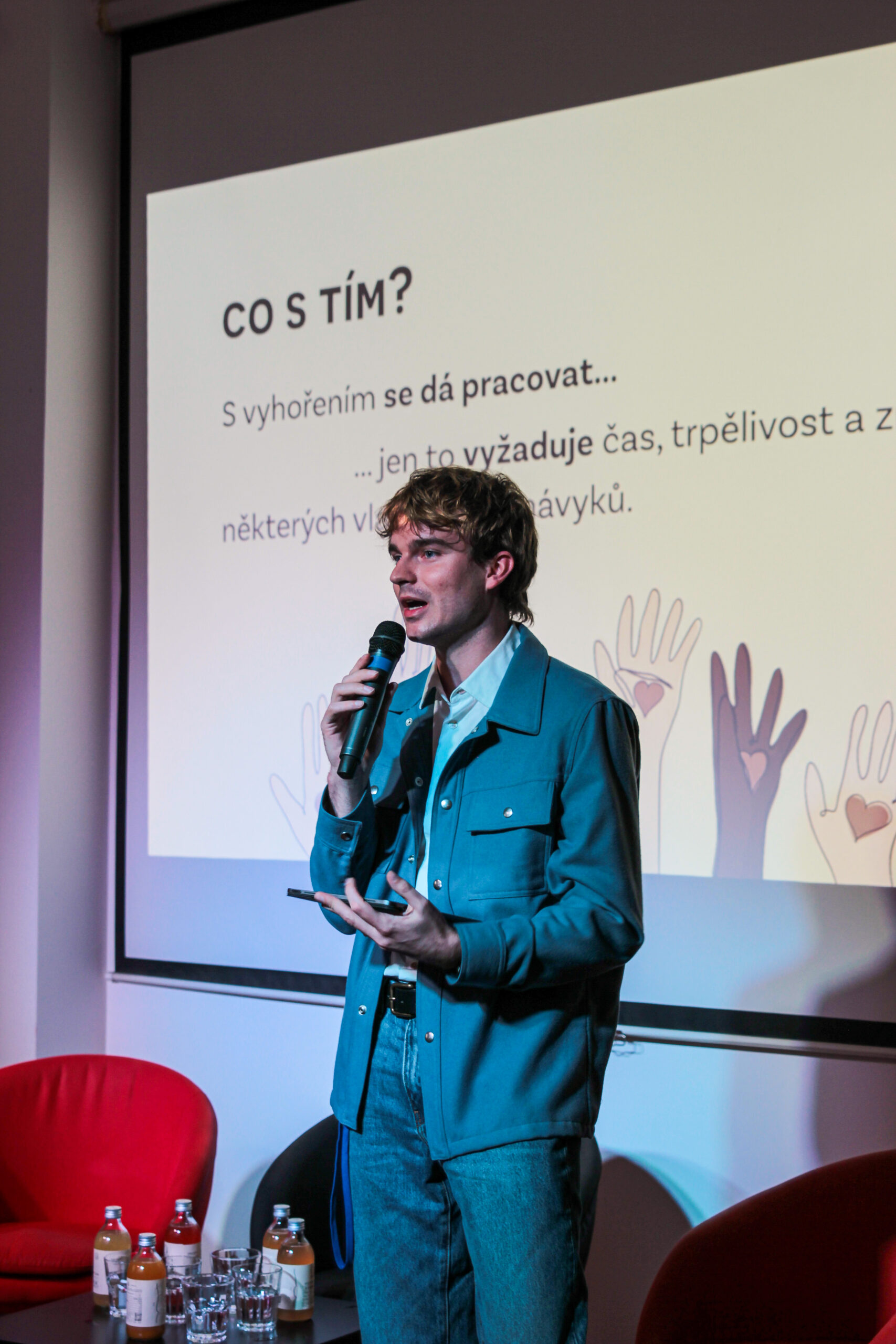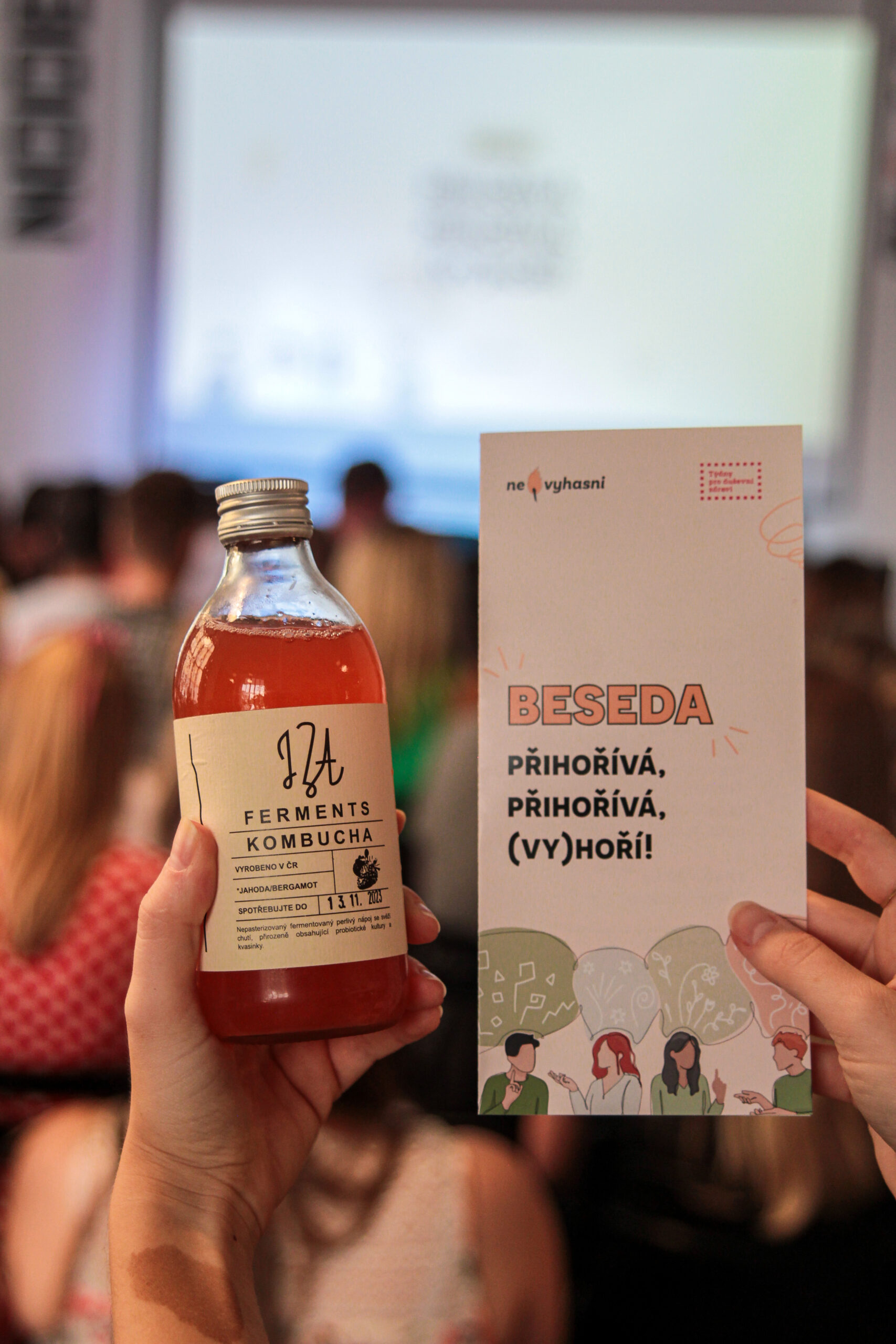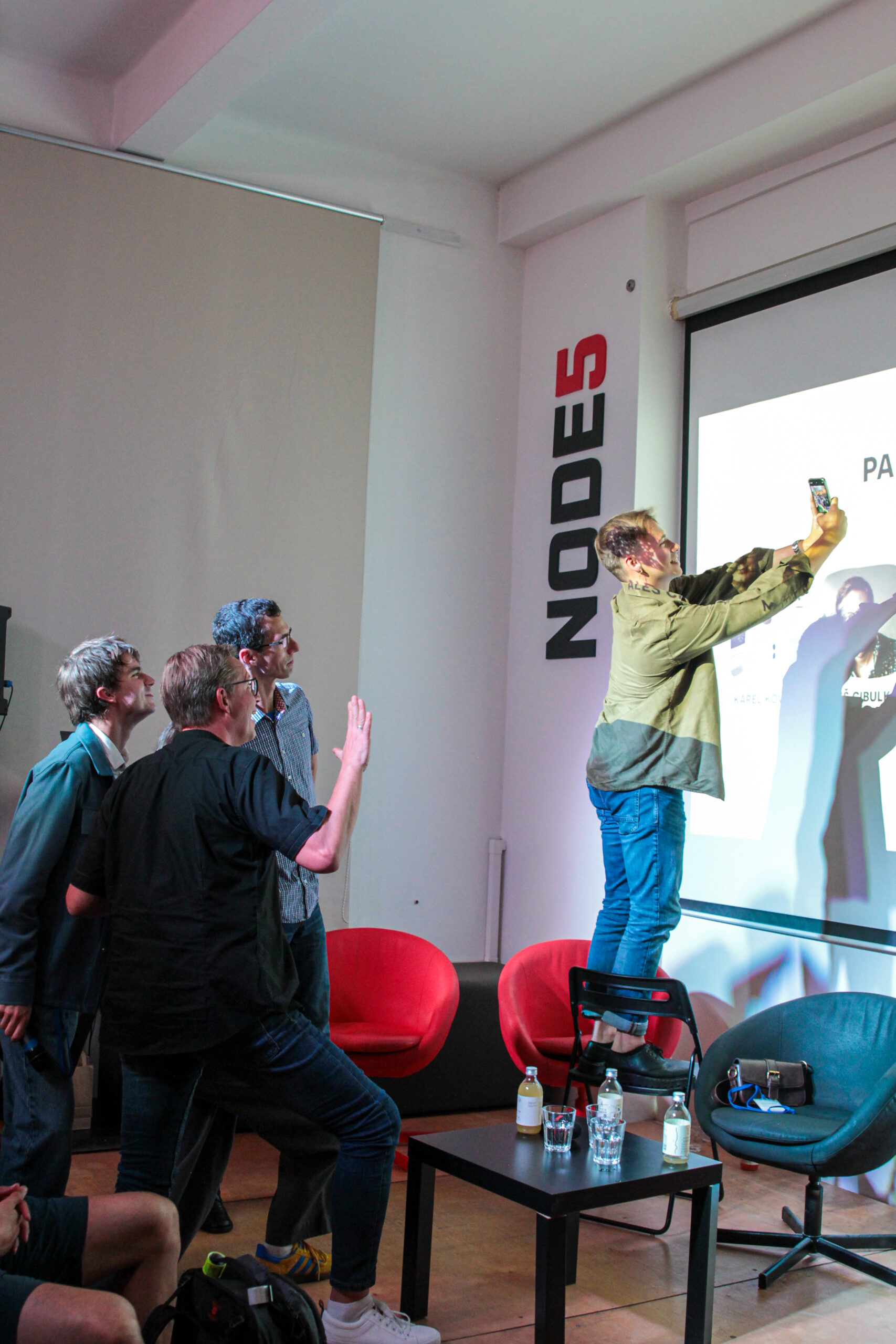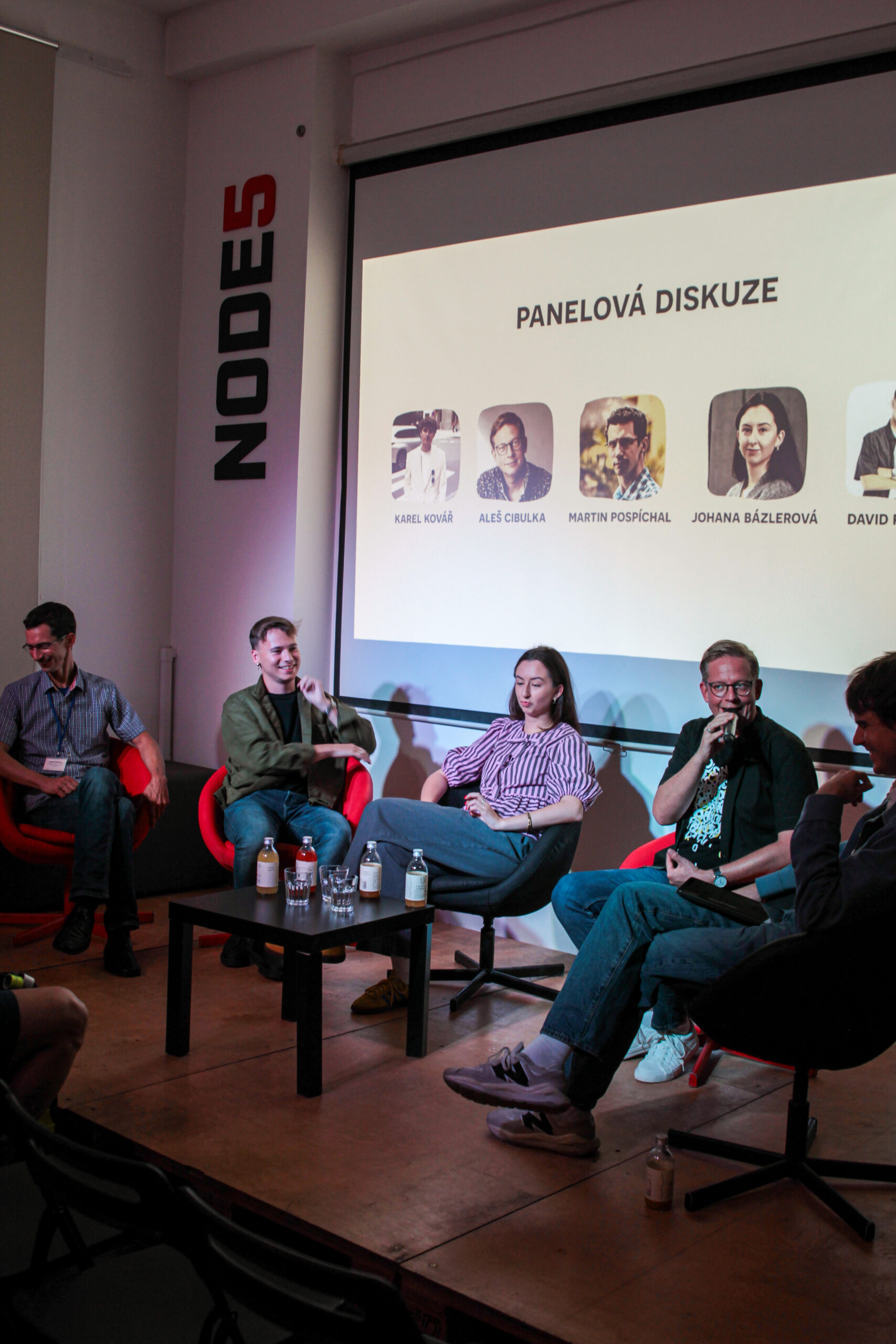Mental Health Weeks is the largest multi-genre awareness campaign that seeks to improve the perception of people with mental illness and report on the possibility of prevention. As part of these, Nevyhasni and I organised a co-working space Node5 a discussion with experts who have either professional or personal experience with burnout. Among the guests were moderator Ales Cibulka, psychologist and burnout expert Martin Pospíchal or the author of the educational instagram account @jsemvobraze Johana Bázler.
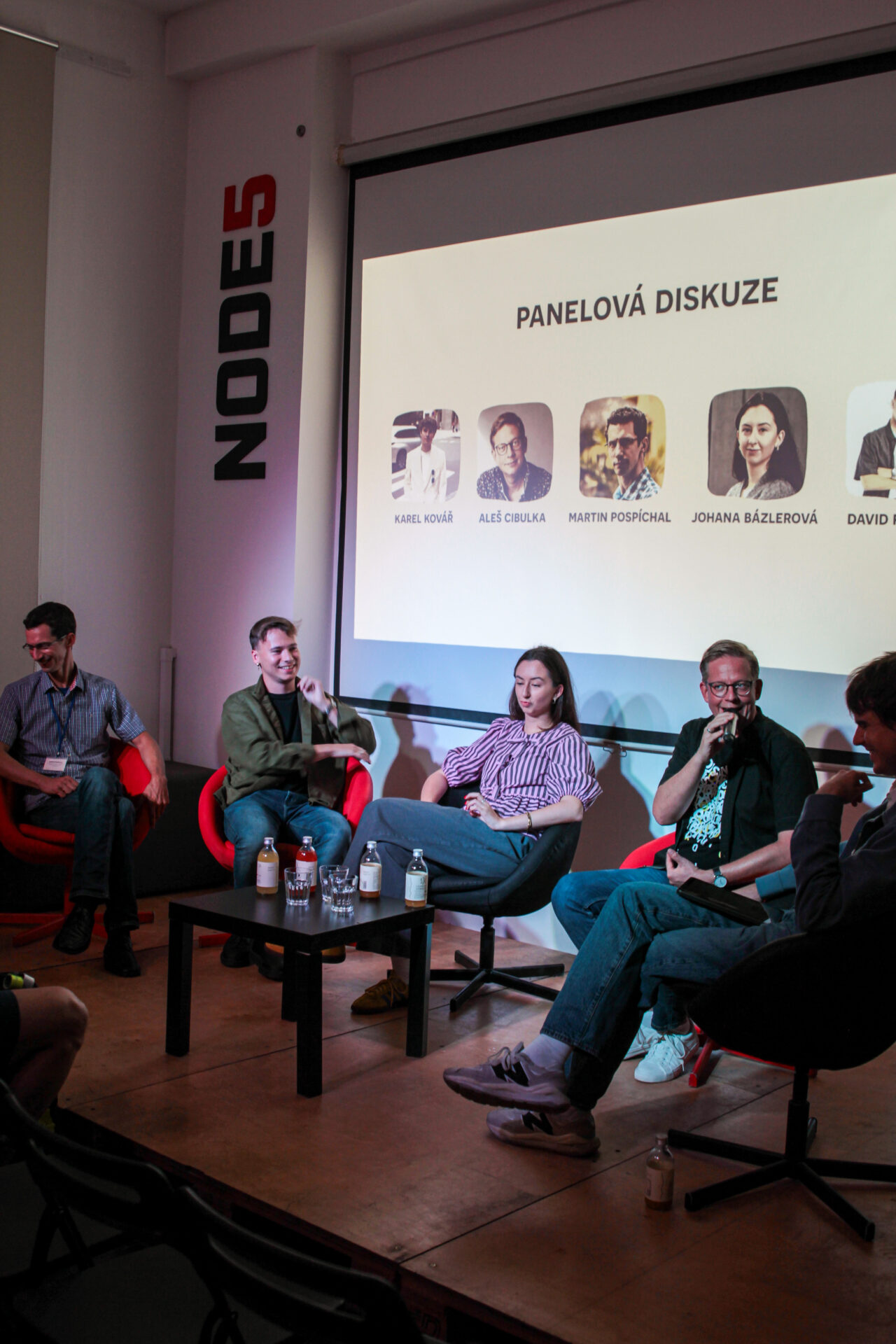
According to estimates, one in five Czechs is going through burnout syndrome, but only a fraction of those affected seek professional help. Failure to address the problem can have a fatal impact on both mental and physical health. Nevyasni's long-term goal is to reduce this statistic, primarily through education, mapping the problem and building functional prevention systems.
Because burnout syndrome is not just about theory, our content also includes real stories of those who have experienced it. Our first panel discussion was in the same vein. With psychologist Martin
We took a quick look at what burnout syndrome is, what causes it and how not to fall into it. Other debaters then shared their real-life experiences with the participants. This was followed by a space for questions and
final networking. "The burnout talk was incredible. If something like this existed in 2016, I might not have fallen on my face the way I did," Aleš Cibulka wrote on his Instagram profile.
It's burning, it's burning - it's burning!
"Anyone can burn out," said psychologist Martin Pospíchal. The fact that burnout syndrome is mostly the result of long-term stress, when a person is exposed to high work pressure, is well-known information. What may be surprising, however, is that people with certain personality characteristics are more vulnerable to it. Moreover, we are talking here about traits that are generally taken as positive.
Those who really enjoy their work, care about others and are very caring are closer to burnout. "If I'm very careful, I do it best myself. I care about my team, so I'm not going to overwork them, especially if I enjoy my work," Pospíchal said.
According to Pospíchal, his patients have one more thing in common, and that is that their work accompanies them everywhere. They also think about it in the car, when brushing their teeth, at night they dream about it... When a certain activity is the only topic for you, success and failure in it is pivotal. Whether you're a doctor or a mother who devotes all her time to her child.
"The root of the problem is when a person is conscripted, they have energy to spare. For example, I talked to the mezzo-soprano Dasha Peck, who you could say is the machine that motivates others. She had a period when she came in front of a sold-out stage, had no energy and actually hated singing. Or the world aerobics champion Olga Šípková, who cried in the dressing room ten minutes before the lesson,", moderator Aleš Cibulka shared with the audience the experience gathered while writing books about burnout.
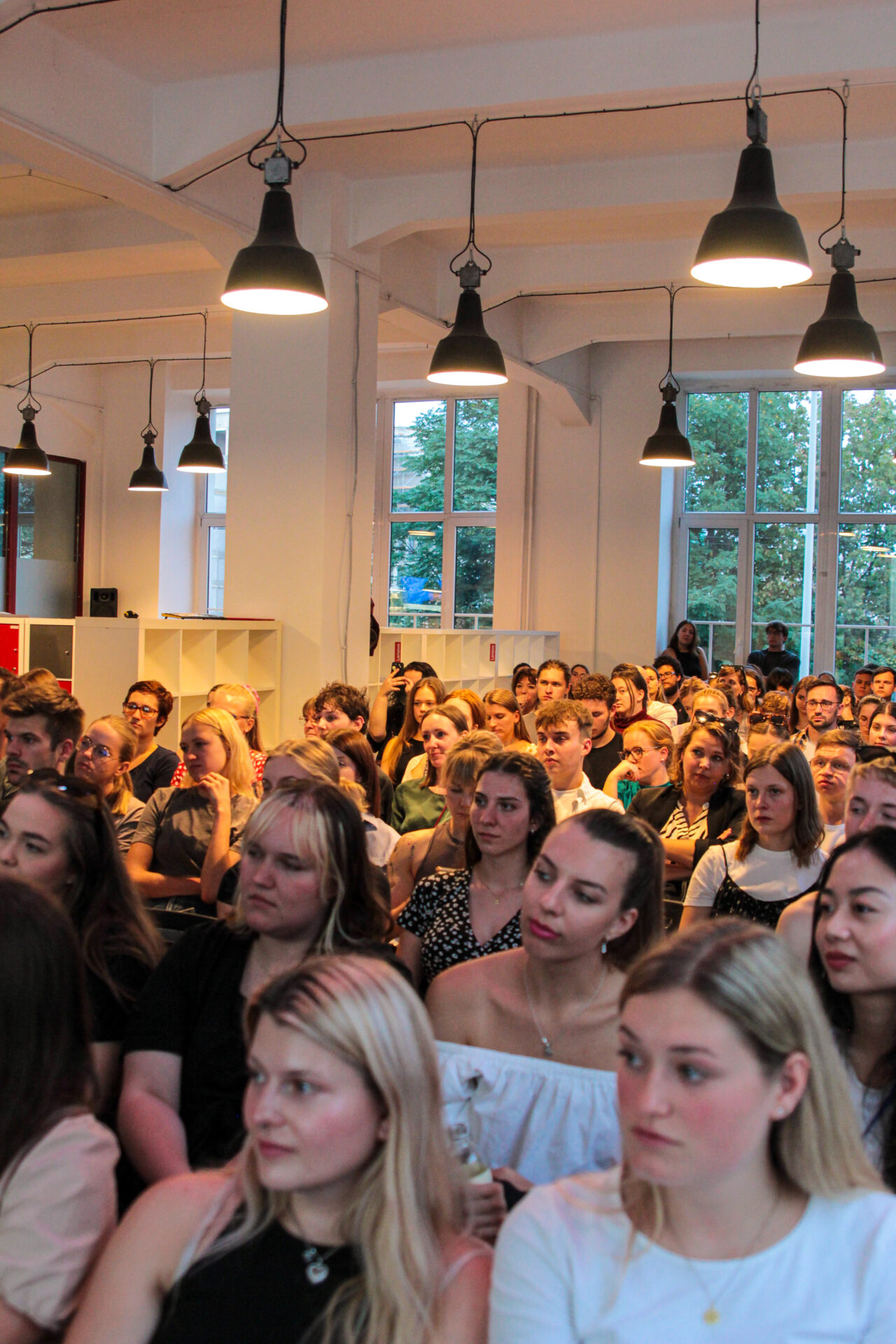
Tilted stool
You've probably heard of the proverbial tripod of burnout. It's made up of relationships, body and health, and finally work. If one leg is longer, the stool will start to tip and it will soon show. Strength gradually starts to run out, the original want continuously turns into a need and the work you used to enjoy becomes distasteful, along with the people who are part of it. At first, the mirror starts to be held up by your surroundings. "I had a patient who said, with exaggeration, that not even the doorknob at home talked to him anymore," Pospíchal lightened the topic. Often physical symptoms such as insomnia, heartburn, various types of pain or anxiety are added. The body simply signals the problem to us as best it can.
All the participants agreed that burnout did not come as a bolt from the blue, but that they felt the changes gradually. The co-founder of Nevyasni David Fiedler and Johana Bázler from @jsemvobraze both described anxious states, neck pain and days when the only thing that helped was looking at the white wall. The presenter Ales Cibulka let the burnout go even further, to the point where he was in a state where he just slept for three months, throwing up. Even basic tasks, like going to the store, were unthinkable for him.
The way back
The discussion was not intended to scare the audience. The main thing the attendees should have taken away is the knowledge that there is a way out of burnout. From his professional perspective, Pospíchal described several general recommendations gained during his practice that not only help patients, but can also function as prevention. "Close relationships are key, having someone to lean on. The natural environment and regular exercise are also healing. Most importantly, it's important to have time and space where the subject of the work can't go."
All the panelists agreed that admitting the problem is the first and most important step to start shining again. The sooner it is then addressed, the more likely it is that the effects of burnout syndrome will be less severe and the return to a fulfilled life easier.
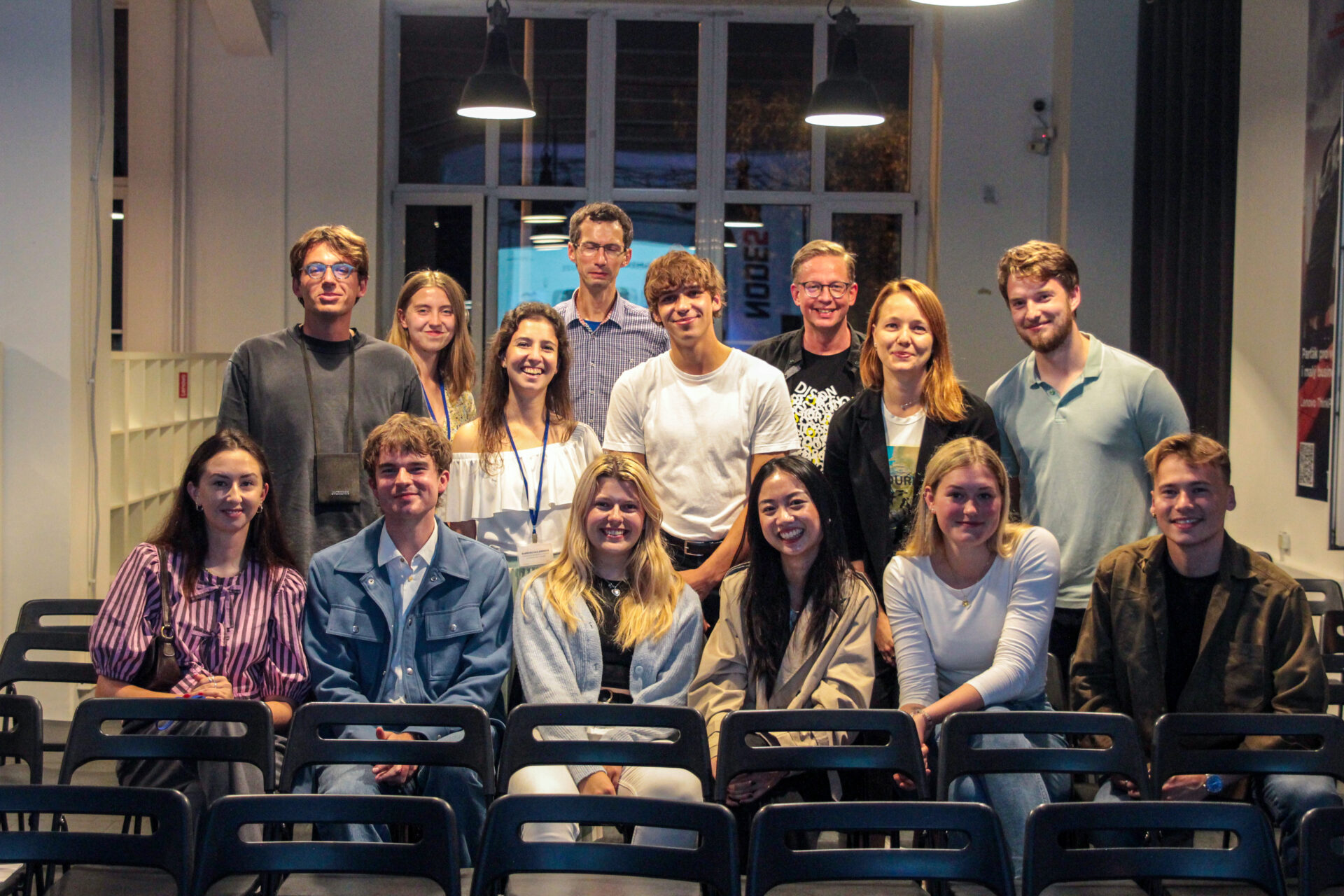
A gallery of the event is below. For more insights and photos from the burnout discussion, please visit our social networks. If you have any knowledge or questions, please contact us at info@nevyhasni.cz
Media contact:
Bc. David Fiedler
co-founder of Nevyhasni
M: +420 777 917 590 | E: david@nevyhasni.cz | www.nevyhasni.cz
